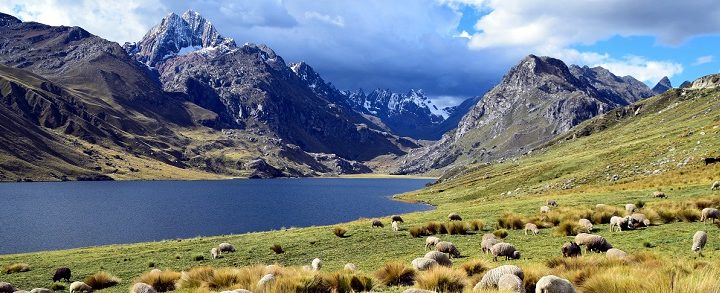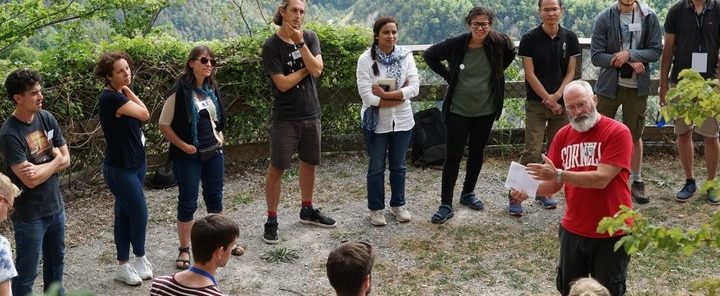- Share some updates on all our upcoming regional conferences;
- Invite you to lend your skills and knowledge to an initiative we have been working on for quite some time – the Ecosystem Services Valuation Database;
- Bring you the news from our working groups, national networks and partner organsations.
ESP connects over 3000 ecosystem services scientists, policy makers and practitioners who work together in more than 40 Working Groups and a growing number of National Networks on all continents. ESP regularly organises World and Regional conferences and provides many Services to further enhance the application of ecosystem services for nature conservation, ecosystem restoration and sustainable management. Partner up with ESP and join in the global effort for the future of our Natural Capital!
Newsfeed
Vacancy: Professorship Behavioural Aspects of Environmental Planning
The Institute of Environmental Planning at the Faculty of Architecture and Landscape Science invites applications for a University Professorship in Behavioural Aspects of Environmental Planning starting October 1, 2020.
Behavioural Environmental Planning is a highly innovative and interdisciplinary field of research at the intersection of psychology, economics and planning. The Professorship encompasses research of the behaviour-oriented mechanisms that are employed by groups of actors involved in important environmental planning decisions.
Read the full vacancy here.
The ALTER-Net Summer School
The 2020 ALTER-Net Summer School will take place in Peyresq, Alpes de Haute-Provence, France, 18 – 28 August 2020
Open to graduate and post-graduate scientists (as well as professionals in related fields), the ALTER-Net Summer School provides an innovative atmosphere for considering and resolving the sustainability challenges that society is currently facing.
The ALTER-Net summer school focuses on the challenge of biodiversity conservation taking a systemic perspective. In this course, we explore drivers of change, and the role of ecological knowledge and social science approaches, including environmental psychology, for conservation. [Read more…] about The ALTER-Net Summer School
African Forum on Green Economy
Investing in Natural Capital for a Resilient Africa – An online conference for Africa’s future
African Forum on Green Economy is a three month online exchange on how African countries are leading the way to greener, fairer economies. Aimed for businesses, investors, policy makers and civil society, the Forum is made up of a series of themed discussions on investing in natural capital for a resilient Africa. Each theme will last for ten days and culminate in a webinar in which you can hear from the experts, share your experiences, and meet other practitioners online.
Testing Ecosystem Accounting in the United States: a Case Study for the Southeast
Ecosystem accounts, as formalized by the System of Environmental-Economic Accounting Experimental Ecosystem Accounts (SEEA EEA), have been compiled in a number of countries, yet there have been few attempts to develop them for the U.S. We explore the potential for U.S. ecosystem accounting by compiling ecosystem extent, condition, and ecosystem services supply and use accounts for a 10-state region in the Southeast. The pilot accounts address air quality, water quality, biodiversity, carbon storage, recreation, and pollination for selected years from 2001 to 2015. Results illustrate how information from ecosystem accounts can contribute to policy and decision making. [Read more…] about Testing Ecosystem Accounting in the United States: a Case Study for the Southeast







